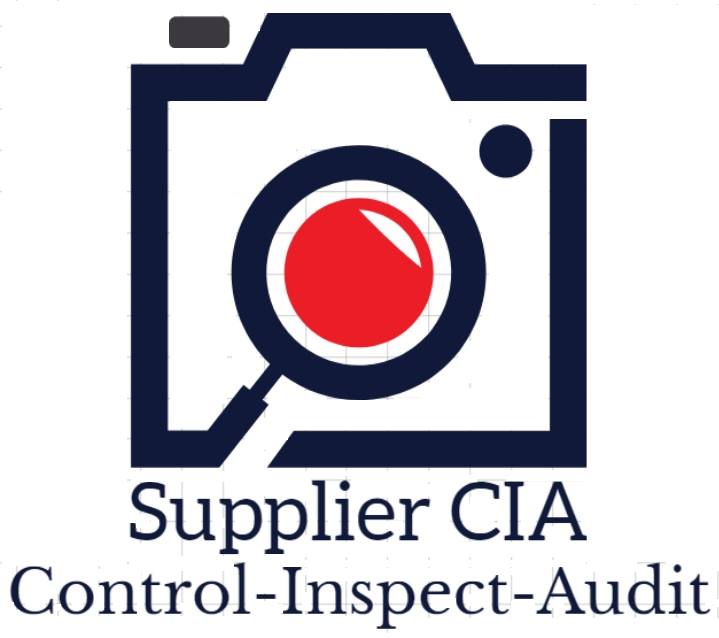In this article, you can find possible challenges of foreign brand companies sourcing in Turkey and sell mostly to the EU or the US. Because of these difficulties, some of them start outsourced production by building up a production plant in Turkey.
Here is the possible situation:
– EU and US large buyers keep pushing for low prices and expect deliveries to be on time. They impose very strict procedures, and penalties are charged for most deviations.
– On the other side, sometimes manufacturers don’t understand the importance of all the requirements (quality of workmanship, packaging, respect of schedule, etc.). They are often not organized to be highly reliable, but they also don’t try as hard as they should.
– The best solution for foreign companies would be to set up their own manufacturing facilities to produce the bulk of their needs. After establishing proper procedures and training the workers, quality and delivery issues would be much more manageable.
– Unfortunately, they source many different products. They would have to be able to perform many different processes in their own facilities, and it would drive costs up very fast. So they have to keep buying from many manufacturers.
– More often they switch suppliers “to save a few pennies”. Suppliers are aware of this, obviously, and act accordingly. So, this importer style does not suit the supplier’s expectation, so their suppliers don’t make much effort.

Key advice to improve relationships with Turkish suppliers
1- Define well the type of suppliers you should work with:
– Avoid switching suppliers to save 3% or 5% on the purchasing price. Never forget; new suppliers come with hidden costs (qualification, training, and close follow up at the beginning) and extra risks (quality problems and/or late shipments).
– Try to limit the number of suppliers you work with. New suppliers often give a low price to get a new buyer, only to raise prices the following season. On the other hand, working with only 1 supplier for each product category is often a bad idea. They can suddenly close down. If they feel that you have no alternative, they take advantage of it.
– Make sure to work directly with manufacturers. Intermediaries often pass themselves for the factory, pocket a 5% commission, and only add a layer to the communication process.
– Once you get information about factories, avoid those that seem really large or really small. Don’t be a very small fish or a very large fish in the suppliers’ pond.
2- Do not put your company as an enemy to the suppliers
– There is no way to sugar-coat a price negotiation with a manufacturer. They tend not to be receptive to promises of long-term deals. However, they are definitely sensitive to higher volumes. Take the advantage of this in your negotiations.
– Organize random audits (either with your own staff, or another service provider). Your suppliers should recognize this effort, give you some goodwill… and be more reasonable in what they report. You can tell them that inspectors only record information, and decisions are always taken by your company independently of the inspector’s conclusions.
– You might also be well inspired to start doing in-process inspections (during production). The advantage of these inspections is that they help the factory by noticing quality issues before it is too late. It might save the manufacturer many days of repairing work. Your approach is to help, not to twist arms.
3- Constant communication with key executives in the factories
– Large importers often aim at representing 30% to 70% of a factory’s annual production. It means they have some power in front of their supplier, without taking any unnecessary responsibility. And it allows the buying organization to keep in touch with each factory without spreading too thin.
– Most foreign buyers don’t keep regular contact with their suppliers, and this is usually detrimental to the timing and the quality of their production. If you concentrate your buying power on fewer factories, you should be able to send your employees regularly to meet with their key executives. If you are a distant figure in the minds of the factory managers, they will not spend a lot of attention to your orders.

